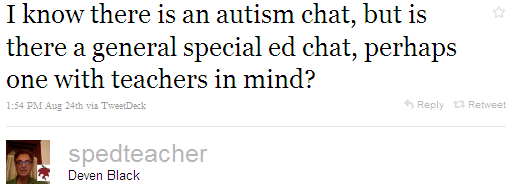Despite the periodic blog posts heralding the death of RSS, I remain a huge fan of the syndication format (not familiar with RSS? Check the wiki). I have been an avid user of Google Reader for nearly five years now, and I use it daily to aggregate and read, at last count, nearly 200 blogs, education-related and otherwise.
Until recently, one of my favorite features of Google Reader has been the ability to “share” (read: publish) interesting articles to my own personal RSS feed, which I cross-published to my Twitter account and on a sidebar feed on my portfolio website. Additionally, Google Reader users could subscribe to each other’s Shared Items feeds right in Reader, which was a great way for me to read the posts my friends found insightful or useful without having to rely on Facebook or Twitter, where they would be too likely to be overlooked due to the high signal to noise ratio.
This past fall, however, Google saw fit to remove the sharing function (the generic nature of which allowed users to publish to just about any service) and replace it with a “Share to Google+” button (which forces users to use their social networking product to share stories). This turned an incredibly powerful, relatively open publishing platform into yet another walled garden, a move I (sort of) understand from a business standpoint, but one that frustrated me immensely as a user.
Despite Google’s shortsightedness, I’ve still been able to rely on RSS to help me concoct another solution for when I want to share interesting articles from my Reader. I have repurposed my Delicious account to be my surrogate Shared Items feed. If you would like to read the articles I find interesting, you can now find them at Delicious.com/damian613 (or if you use RSS too, subscribe to the feed).
So what happened to the existing items in my Delicious account, the special education/school psychology related bookmarks (that I also published to my portfolio website)? Simple – I moved them all over to Diigo (RSS feed), with tags intact.
If you’re interested in either my shared bookmarks in special ed/school psychology or the blogposts I share periodically in the areas of technology & education, please feel free to drop by my Delicious & Diigo accounts, or better yet, subscribe to the RSS feeds (while the format is still alive!).
TL;DR: Moved some of my public stuff around:

